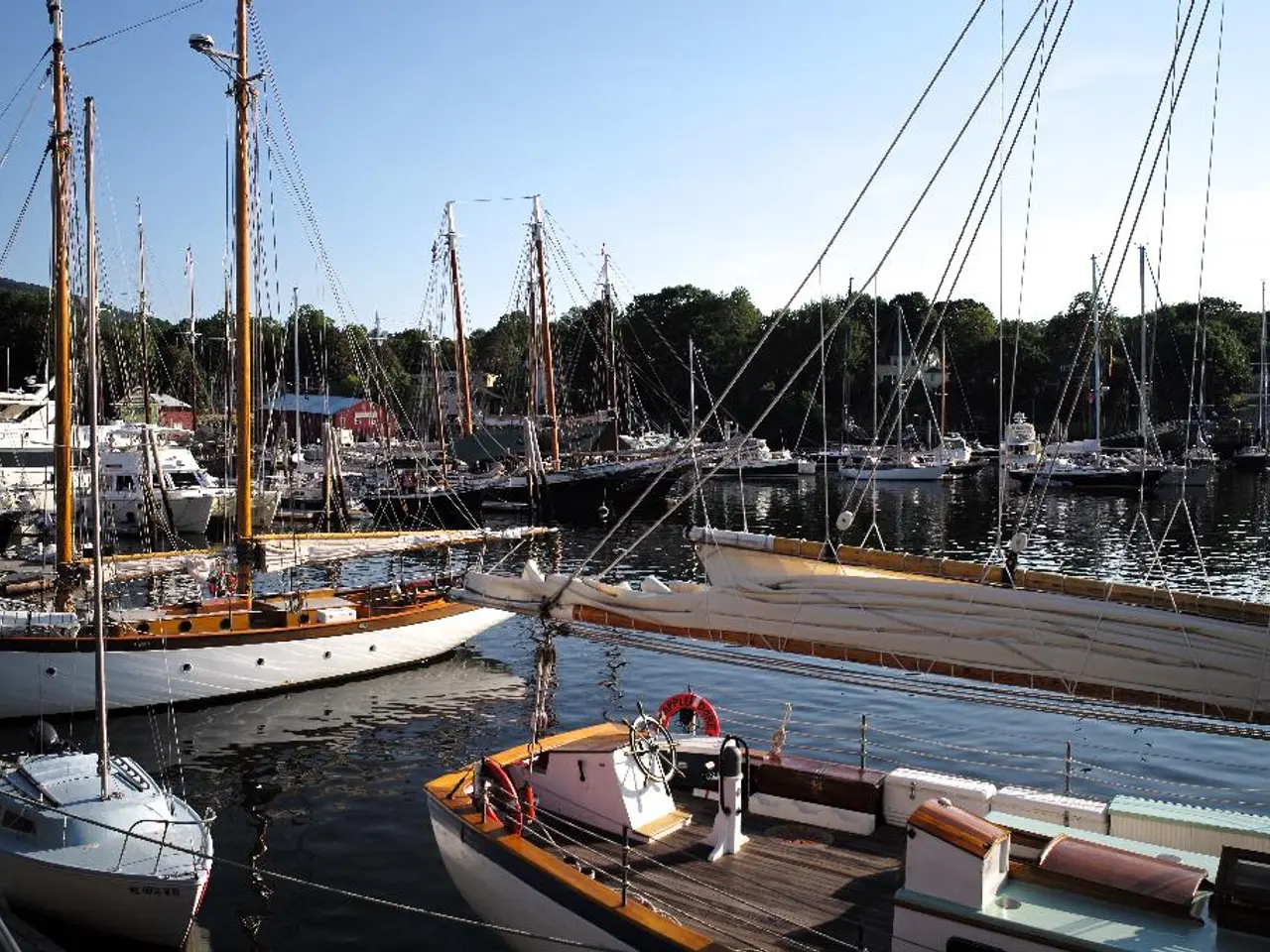Enhanced Navigation Services Mark a Notable Milestone Since SOLAS
The International Hydrographic Organization (IHO) is embarking on a new chapter, focusing on enhancing seabed mapping and hydrographic capacity to support sustainable ocean use, climate change response, and the advancement of digital navigation services.
Key elements of the IHO’s strategic direction and role include:
Supporting seabed mapping for climate and ocean action
The IHO promotes detailed mapping of the ocean floor and coastal zones to inform policy decisions related to marine ecosystem conservation and sustainable development. This mapping is critical for integrated coastal zone management and ocean accounting to address climate challenges and support conservation.
Advancing digital navigation through S-100 standards
IHO specifications underpin modern electronic navigational charts (ENCs) used worldwide for safe maritime navigation. The transition to more flexible, digital, and interoperable data standards such as S-100 represents a key part of IHO’s modernization efforts, supporting maritime domain awareness and resilience.
Capacity building and global collaboration
The IHO facilitates member state development of national hydrographic services, offering technical assistance, training, and support to build local capabilities in hydrography and marine data management. The organization's role in strengthening national ocean governance linked to economic growth, marine conservation, maritime security, and sustainable blue economy development is evident.
Strategic leadership within regional commissions and collaborative initiatives promote hydrographic standards and data sharing vital to climate adaptation and maritime security.
New Leadership and Financial Changes
Dr. Geneviève Béchard, Director General of the Canadian Hydrographic Service, has been elected as the new chair of the IHO Council. The Council's main goals include developing an identity and culture, positioning within existing IHO structures, and developing proposals for the strategic direction of the IHO.
In response to rising costs of core IHO activities, the organization is recommending a gradual increase in member state dues by 1% per year to ensure its goals are met. Member state dues to the IHO are a tiny fraction of the dues paid to other intergovernmental organizations.
The IHO is a lean organization, with most of its work done through in-kind donations of expertise and labor by member states and expert contributors.
Impact and Future Vision
The impact of the new navigation services being developed by the IHO could be as dramatic as the changes brought about by the passage of SOLAS, potentially affecting not only life at sea but life on earth. These services will provide high-resolution depth, continuous predicted tides, and voyage-scale surface currents, making large ship transits safer and more efficient.
The IHO's contribution to the grand challenge of our generation is providing data necessary for global circulation models required to stabilize the earth’s climate system. The organization is envisioning a new generation of digital-native navigation services, coordinated globally, which will ultimately supersede the current system of digitized traditional products.
The IHO aims to make international hydrography more inclusive, addressing the issue of it being a male-dominated field and improving leadership diversity, particularly for women. The organization also recognizes the need for significant capacity building in the global hydrographic community, particularly in areas such as data management, geographic information systems, and S-100 standards.
The IHO is planning to deepen its engagement with allied initiatives like the UN Decade of Ocean Science for Sustainable Development, GEBCO/NF Seabed 2030 project, and the Open Geospatial Consortium.
In conclusion, the IHO serves as a global coordinator for hydrographic science and technology, playing a crucial role in addressing climate change impacts on oceans by enhancing seabed mapping and ecosystem data, and advancing digital navigation services that support safe, environmentally sustainable maritime activities worldwide.
[1] United Nations Ocean Conference (2022). Political declaration of the United Nations Conference to support the implementation of Sustainable Development Goal 14: Conserve and sustainably use the oceans, seas and marine resources for sustainable development. Retrieved from https://sustainabledevelopment.un.org/oceanconference/documents
[2] International Hydrographic Organization (2018). IHO S-100 standards for hydrographic data exchange. Retrieved from https://www.iho.int/iho-standards/s-100-standards
[3] The Bahamas (2021). The Bahamas joins the International Hydrographic Organization. Retrieved from https://www.iho.int/news/the-bahamas-joins-the-international-hydrographic-organization
[4] International Hydrographic Organization (2021). IHO's role in the United Nations Decade of Ocean Science for Sustainable Development. Retrieved from https://www.iho.int/iho-role-un-decade-ocean-science-sustainable-development
[5] International Hydrographic Organization (2020). IHO's role in the GEBCO/NF Seabed 2030 project. Retrieved from https://www.iho.int/iho-role-gebconf-seabed-2030-project
- The International Hydrographic Organization (IHO) is leveraging technology and digital navigation through S-100 standards to contribute to the Grand Challenge of our generation – providing data necessary for global circulation models required to stabilize the earth’s climate system, an integral part of addressing climate-change.
- As the IHO embarks on a new chapter, its strategic direction encompasses the advancement of environmental-science, particularly in relation to climate-change, by supporting detailed mapping of the ocean floor and coastal zones for informed policy decisions that promote sustainable development and marine ecosystem conservation.




